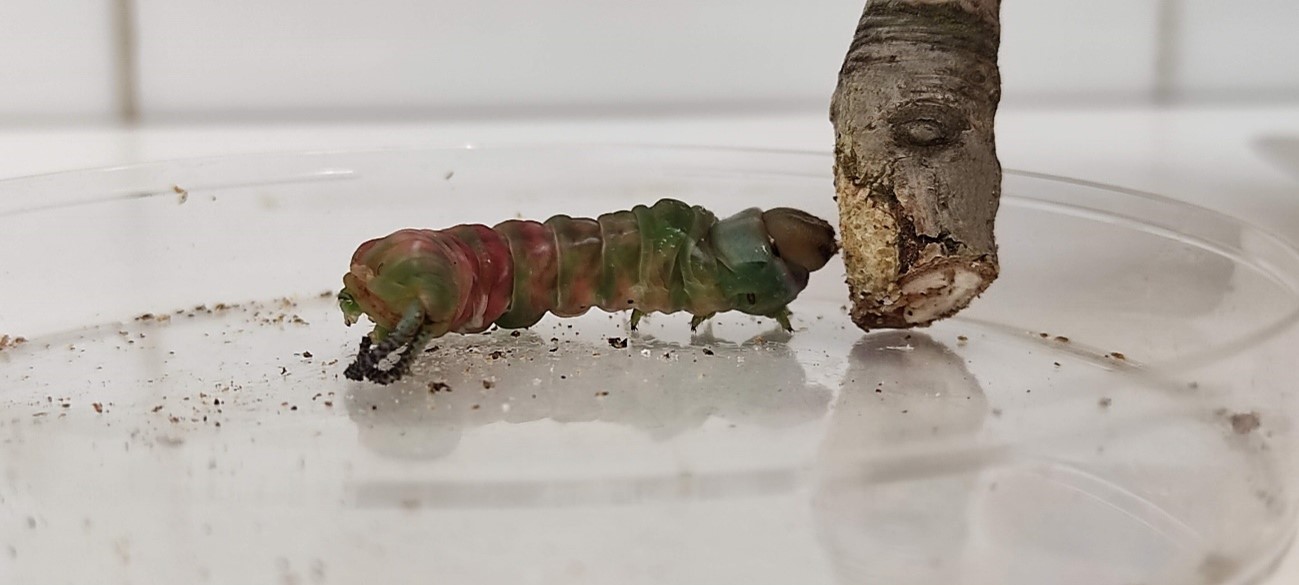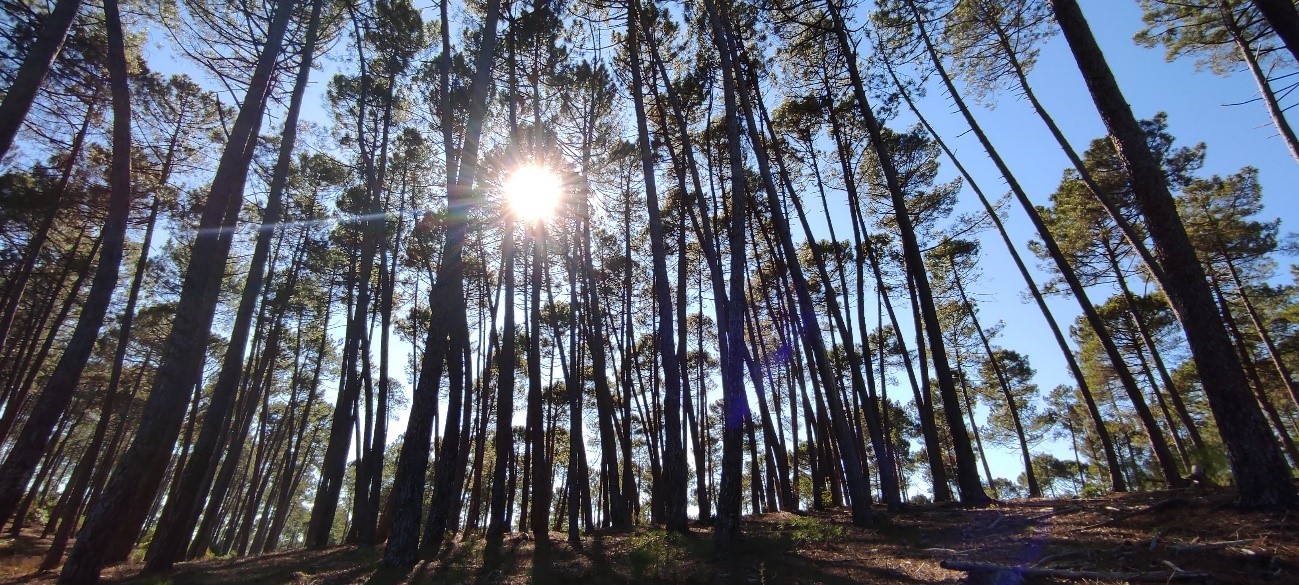The importance of being earliest
| by Ana Hernandez (CREAF)A European project that encompasses different research groups across the continent needs very good coordination. This applies not only to distributing the tasks, but also to the calendar, for example organising trips for sampling, requests for permits, collection of necessary samples, organisation of sending samples, capacity to process samples in the respective laboratories, etc.

To increase its efficiency, the traveling team often joins local groups, which provides all the necessary material for the field work, such as pole pruners, augers, and so on. It is important that the samples are collected on the last day so that they arrive fresh at the respective laboratories for immediate processing.For this reason, during the first days of field sampling in a new location, the sampling site is identified and photos are taken. Then descriptive measurements are made of each tree from which branches will be collected. On the final day at each location, the field laboratory is deployed to obtain samples for different laboratories from the same branch of target trees. The samples are conserved and packed following the protocol defined for each of them and kept fresh in coolers.
Once the collection of samples is finished, it is time to make the shipment through a courier company or return with them by car if they are for the local team's laboratory. It is important that the branch samples arrive fresh at the research centres in order to be able to carry out the pertinent measurements in each laboratory. Without a doubt, the samples of the branches arrive fast and fresh ... because, we sometimes find that they bring stowaways on board!
Good understanding, fantastic coordination and great teamwork are essential in a project of this magnitude to be able to carry out all the tasks in order to provide answers and, therefore, to deepen existing knowledge.

